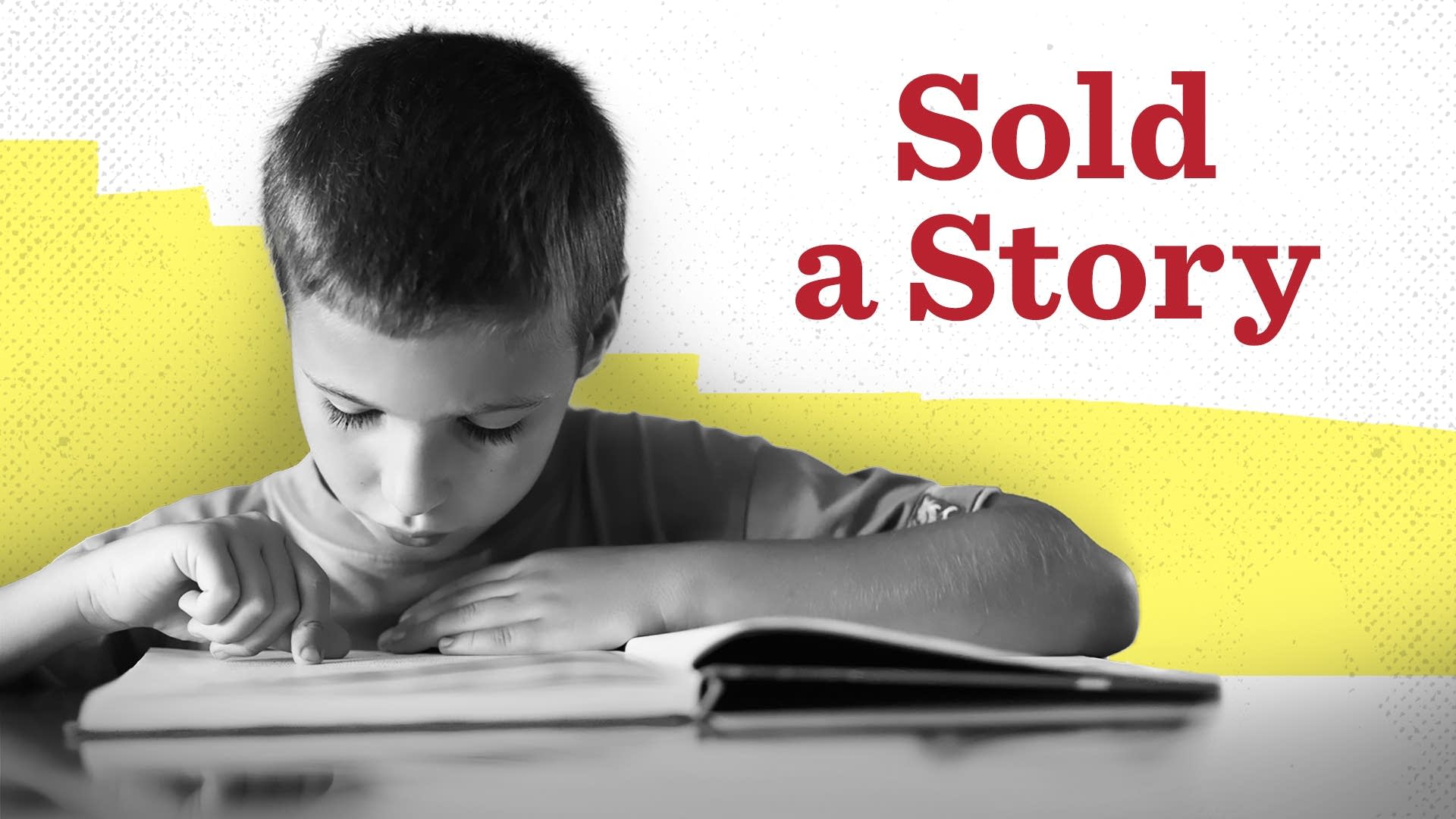This is an 8 part series about reading education in the U.S. I'm not sure I can summarize it better than the official summary at the link so pasting it here:
There's an idea about how children learn to read that's held sway in schools for more than a generation — even though it was proven wrong by cognitive scientists decades ago. Teaching methods based on this idea can make it harder for children to learn how to read. In this podcast, host Emily Hanford investigates the influential authors who promote this idea and the company that sells their work. It's an exposé of how educators came to believe in something that isn't true and are now reckoning with the consequences — children harmed, money wasted, an education system upended
So far I'm about halfway through episode 5. I think people here will be able to predict in many ways how the story goes. Definitely something I think is important and wasn't aware of (I know that literacy is overall not great in this country, but it's interesting to learn that there is an additional reason besides inequality and low investment in education).


I'm not an English teacher, but I remember and I see the problem with telling kids to sound out words; 1. Children are not taught phonemes. The word children is not Chuh iihhh lah duh rah eee nuh. Such a word is only picked up by context and memorization. 2. english doesn't actually follow any rules.
In english, words are simply pictures that hint at the pronunciation and meaning of words.
Context is infinitely more useful than the way I was taught of "letters make these sounds, and put them all together".